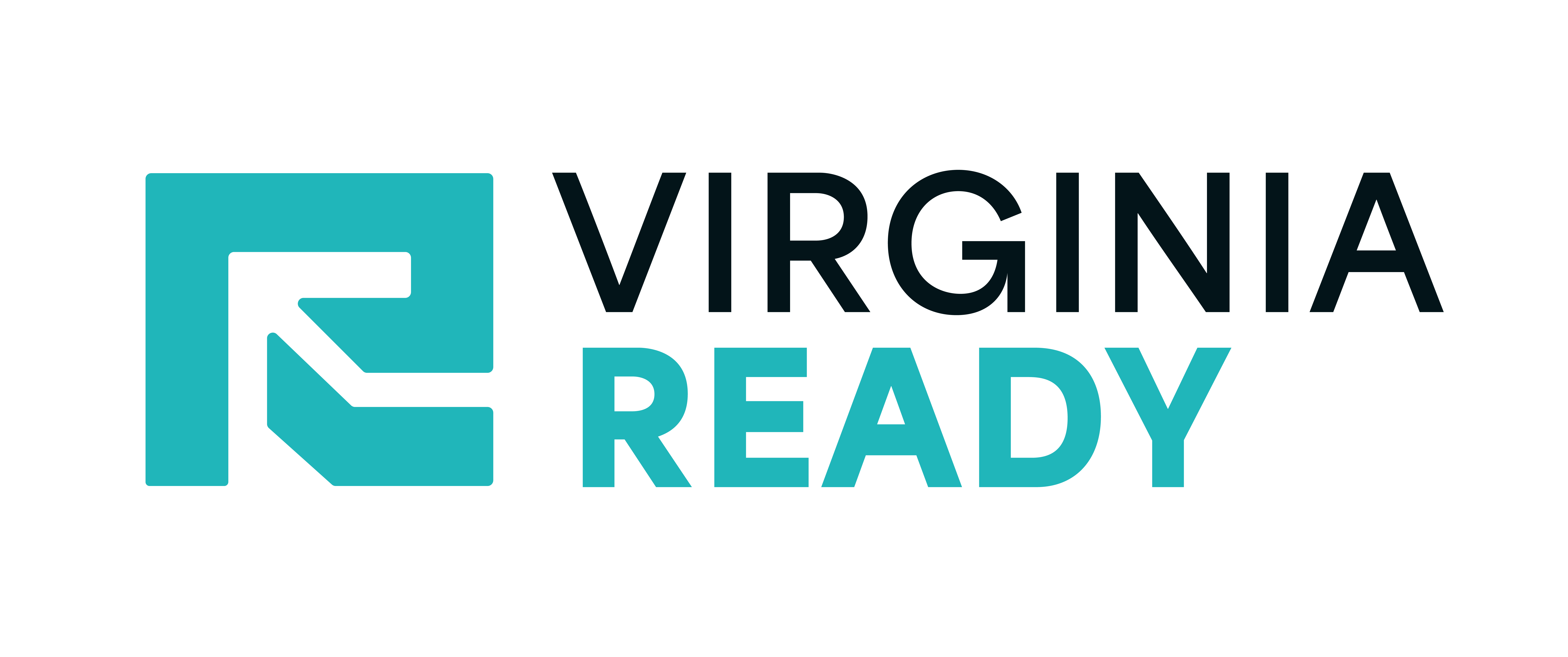Did you know that the most common reason why people get stuck in their careers has nothing to do with their education, their skill sets, or their raw talent? “Q,” Career Coach with Lenore Coaching has ideas to help you level up: change, pivot, and accelerate your goals.
According to forbes.com, there are three reasons why folks get stuck in their careers:
- People avoid change.
- They resist growth and maturity.
- They have trouble selling themselves.
Why? The problem is centered around professional communication.
Organizations are diverse — people with different backgrounds, values, and beliefs all come together in the average workplace. This can present a challenge with communicating effectively.
As a Virginia Ready Scholar, you’ve got in-demand skills and are able to set yourself apart in the workforce. Apart from the skill set and technical expertise, it’s important to be strong at professional communication.
Let’s take a look at the numbers — according to apollotechnical.com:
- 86% of executives say workplace failure comes from poor communication
- 93% of all communication in the workplace is non-verbal
- 25% increase in organization performance when communication improves
What this means is that professional communication is vital to career success. For you to be successful in your job, you have to be a champion in your communication with others. If you can master professional communication, your career and your organization will be successful!
Let’s break down effective communication into seven key components:
- Empathy: thinking about things from the other person's point of view. How are they going to perceive what you might tell them? What might they be going through emotionally or mentally that might play a role in how you communicate with them? You don’t have to compromise in your communication — you have to be intentional and strategic in how you communicate.
- Listening: acknowledging that your conversation is a two-way street. It is not all about you getting your point across — it’s about actively listening and processing what others are saying so your response can be engaging.
- Clarity: requires you to process what is it that you want to say and how you can deliver it concisely and appropriately. Remember to think about it as the easiest way to convey what you are trying to say. It will ensure that you get your point across and that you are understood in the conversation.
- Non-Verbal Communication: it is not always about what you say, but how you say it. People are assessing your body language. In conflict or conversation, be mindful of any mannerisms or gestures you are giving off.
- Be Personable: build a rapport or find common interest so that you can build on the conversations. This has a lot to do with body language. You want to be your authentic self, show that you are open to having the conversation.
- Be Respectful: there are many ways to think about being respectful. You want to think about your organization’s culture — how you interact with customers, managers, executive leaders — it may have different nuances for respect. Also, when you think of respect, you are thinking about treating someone with dignity — addressing folks with a certain job title, helping customers feel valued, and treating people with honesty.
- The Medium: when you communicate, consider the medium. Should you start in-person, one-on-one, in writing, by phone, or virtually? The medium plays a huge role in how others perceive your message. Don’t forget to consider if the message is time sensitive — will a certain channel be more appropriate than another?
We hope that those were some solid examples for components of professional communication. Be mindful that professional communication is going to vary across industries, job types, and the organization’s culture.
Quick tips for professional communication:
- Be open to feedback and coaching.
- Get mentored.
- Professional communication relates to your long-term career success.
Thank you to Quintrel and our friends at Lenore Coaching for providing this guidance on professional communication!


Succeed in your Career. Become a Scholar.
Take the first step towards success in your career by becoming a Virginia Ready Scholar and gain access to valuable resources, training, and support to achieve your professional goals.


